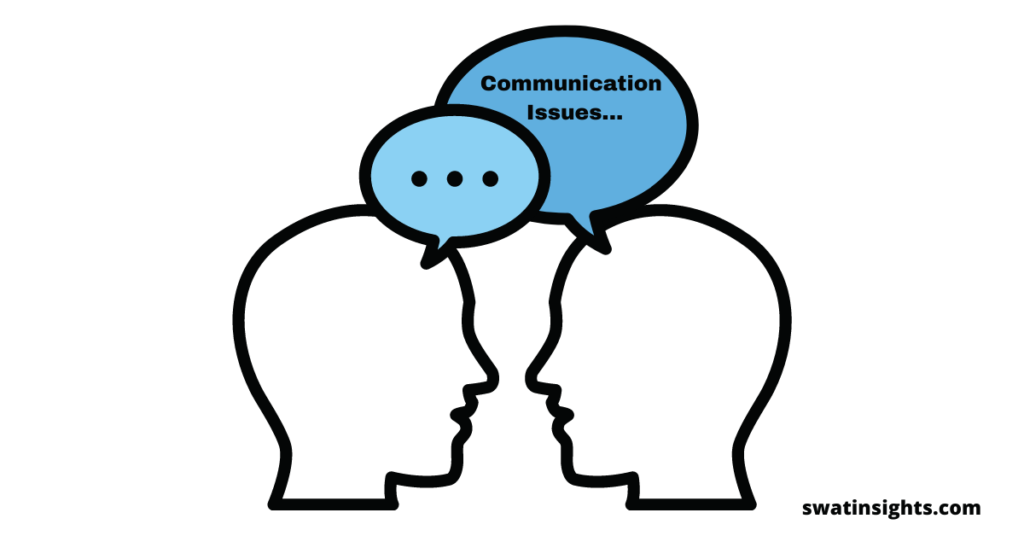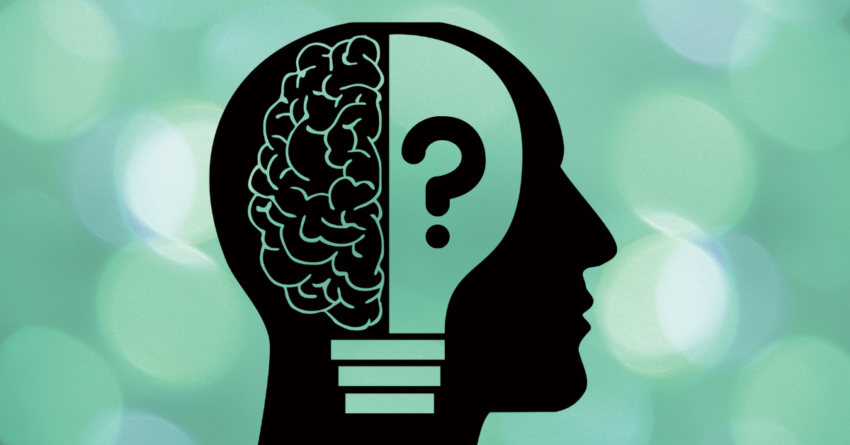We tend as individuals to dismiss the early signs of any sickness. We don’t even recognize how severe an issue is until it does us harm. Today, we’ll talk about one of those diseases, Alzheimer’s Disease: what we need to know about it.
What is Alzheimer’s Disease?
Alzheimer’s Disease affects the nervous system. Whenever neurons in the brain die, causing the brain to shrink. People generally suffer poor memory, face difficulty in communicating with others. This disorder is more common in persons over the age of 65.
Precisely, Alzheimer’s Disease reduces the person’s thinking, learning, behavioral, and social abilities.
Dementia vs Alzheimer’s:
In addition to Alzheimer’s Disease, there are several other causes for Dementia. Many other symptoms might be the reason for it.
For instance – Vitamin deficiency, Brain infection, Parkinson’s Disease, Depression. The majority of the time, Dementia is unrelated to Alzheimer’s Disease.
As a result, Dementia is reversible if treated by a doctor as soon as possible after onset. Alzheimer’s Disease, contrastingly, is not.
15 Symptoms of Alzheimer’s Disease:
- 1. Memory Loss:
- 2. Ineffective decision-making:
- 3. Difficulty recalling new information:
- 4. Have difficulty doing familiar tasks:
- 5. Lose interest in activities that used to fascinate them:
- 6. Not able to resolve even the simplest of problems:
- 7. Absence from social gatherings:
- 8. Create a communication issue:
- 9. Language concern:
- 10. Personality and mood swings are common:
- 11. Do not finish the work they begin:
- 12. It's difficult to recall the time:
- 13. Loss of ability to do multitask as a result of confusion:
- 14. A trust problem arises:
- 15. Wandering:
- Causes of Alzheimer's Disease:
- Risk Factors:
- Stages of Alzheimer's Disease:
- Prevention from Alzheimer's Disease:
- Diagnosis of Alzheimer's Disease:
- Treatment of Alzheimer's Disease:
Symptoms or signs of Alzheimer’s Disease differ from person to person.
1. Memory Loss:
In Alzheimer’s, memory loss is the most common symptom. People misplace essential items such as spectacles, wallets, car keys, and so on. However, these symptoms worsen over time. First, they couldn’t remember the names of their loved ones. They eventually forget even their loved ones.
2. Ineffective decision-making:
Lack of decision-making ability denotes Alzheimer’s. Lack of decision-making ability signify Alzheimer’s. For instance, make planning for a project or working especially with numbers, etc.
3. Difficulty recalling new information:
Here new information means meeting new people, memorizing their names, going to unfamiliar places, taking new lanes when driving or walking. Both immediate and old memories are difficult to recall.
4. Have difficulty doing familiar tasks:
Bathing, eating, and working at the workplace are just a few of the routine chores that people perform daily. People with Alzheimer’s, on the other hand, struggled even in this type of work.
5. Lose interest in activities that used to fascinate them:
People enjoy leisure by performing their hobbies. Traveling, going to parties, catching up with friends, and so on. In the past, these were things that made them happy but now don’t.
These might be the indication of Alzheimer’s.
6. Not able to resolve even the simplest of problems:
People face difficulty in solving even daily life problems. They can not decide their clothing according to the season. Food burning incidents during cooking are common.
7. Absence from social gatherings:
They are uncomfortable meeting new people, even their acquaintances. Therefore, withdrawal from social engagements, together with other symptoms, may imply Alzheimer’s.
8. Create a communication issue:

People with Alzheimer’s have difficulties communicating or conversing. They generally pause in the middle of a discussion or keep repeating the same thing again and over. They occasionally lose sight of the focus of the talk.
9. Language concern:
Furthermore, they cannot think of words, have problems recalling vocabulary, and so on. So, language becomes an essential concern for Alzheimer’s patients.
10. Personality and mood swings are common:
Changes in mood and behavior are considerably frequent in Alzheimer’s patients. Under these circumstances, they experience a lot of emotions within a short time. Fear, anxiety, depression, sleeping disorder are some of the personality traits they face.
11. Do not finish the work they begin:
They take longer to finish their routine activities. Sometimes they are unable to complete the work that they have begun.
12. It’s difficult to recall the time:
When it comes to numbers like recalling or remembering dates, events, months, etc. creates problems for those who have Alzheimer’s.
13. Loss of ability to do multitask as a result of confusion:
Alzheimer’s patients have difficulties understanding things. They cannot even do a piece of work efficiently. Whenever it comes to do multitasking, it causes confusion among the tasks.
14. A trust problem arises:
Since they suffer from memory loss, they misplace things. Following that, they suspect others of stealing their stuff. They forget about their loved ones, then the trust issue develops.
15. Wandering:
They are facing a time and place issue. Their sense of direction is lost. As a result, they often wander in the streets.
The presence of the above symptoms implies Alzheimer’s. As a result, it is our responsibility not to overlook warning signs. Consult a doctor instantly from now on.
Causes of Alzheimer’s Disease:
When they suffer nerve damage, they lose the ability to communicate with each other. Patients have no idea why they are unwell. However, scientists are still unable to pinpoint the exact cause.
Genetic, environmental, and lifestyle factors are all possible contributors to the problem. As a result, clinical studies are now in progress.
Risk Factors:
Namely,
- Age,
- Family History,
- Smoking/Drinking,
- Chronic Disease,
- Down Syndrome.
Stages of Alzheimer’s Disease:
The identification process involves three stages. Stages help us to understand the seriousness of the disorder. Furthermore, what and which type of treatment is needed?
1. Early Stage Alzheimer’s:
It is a mild stage. People do not find any difficulty in doing daily activities. But, they took some extra time to finish the work.
Consequently,
they forget small things,
the name of the person,
face usual mood swings,
have sleep disorders etc.
2. Middle Stage Alzheimer’s:
The middle stage is moderate and the longest than the previous one. It has a long life expectancy. Symptoms of Dementia are more prominent.
Explicitly:
- Do not have the ability to perform routine tasks without assistance.
- Usually, forget what they eat for lunch and dinner.
- Getting lost in a familiar place eventually leads to wandering here and there.
- They may face difficulty in speaking and communicating with others.
- Forget about childhood and memories.
- Repetition in words and work.
- Dress in out-of-season clothing.
- Display perplexed and suspicious behavior.
First, lose the sense of time.
Second, they won’t be able to choose where they are.
Finally, forget about the person.
3. Last Stage Alzheimer’s:
The final stage is the most severe. The individual requires 24*7 assistance. Lose all the memories of past life.
As a result, they can no longer walk or sit on their own. Face difficulty in swallowing food and water results in weight loss and dehydration.
Currently, there is no treatment available. As a consequence, this leads to the death of the person.
Prevention from Alzheimer’s Disease:
Speak up and ask for help.
Maintain contact with family and friends.
Make sure you’re aware of your problems.
Learn new things.
Physical health is more important.
Especially take enough sleep.
Keep distance from smoking and drinking.
In case identified early, the diagnosis can be beneficial.
Don’t take any medicine without the prescription of the doctor.
Stress – Everything you need to know

Diagnosis of Alzheimer’s Disease:
First, try to understand the behavior of the patient. And about all his medical conditions and diseases they have. Sometimes, tests and scans also help in diagnosis. However, the symptoms of Alzheimer’s Disease are only partially cured.
Treatment of Alzheimer’s Disease:
There is no reversible aspect to it. Ultimately, it results in death.
NOTE: No treatment can compare to the love and care of family and friends. So, it is up to us to detect it early and help ourselves and our loved ones. Consequently, enjoy every moment the most.


1 thought on “Alzheimer’s Disease: what do we need to know?”